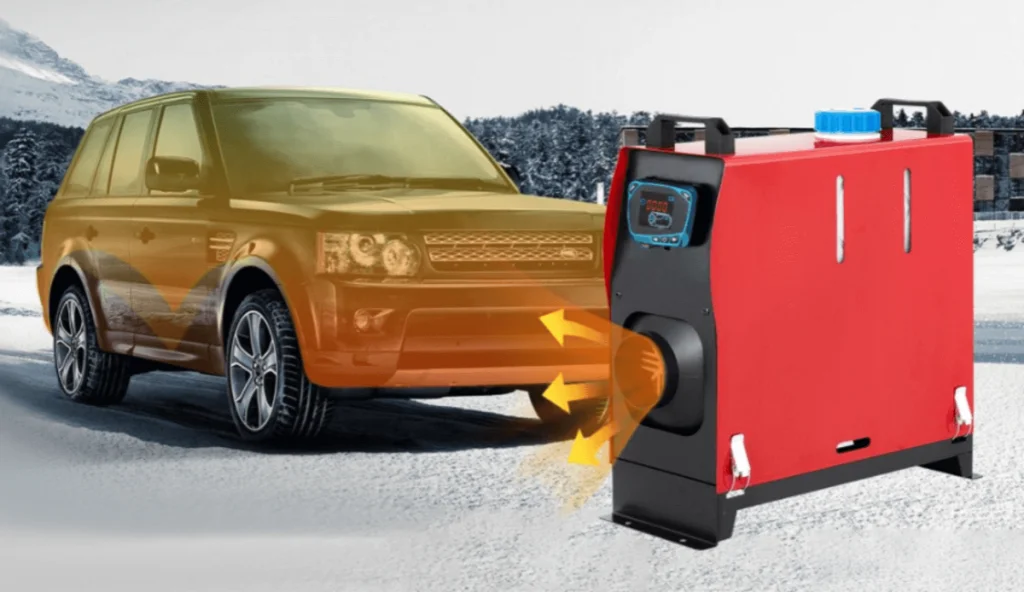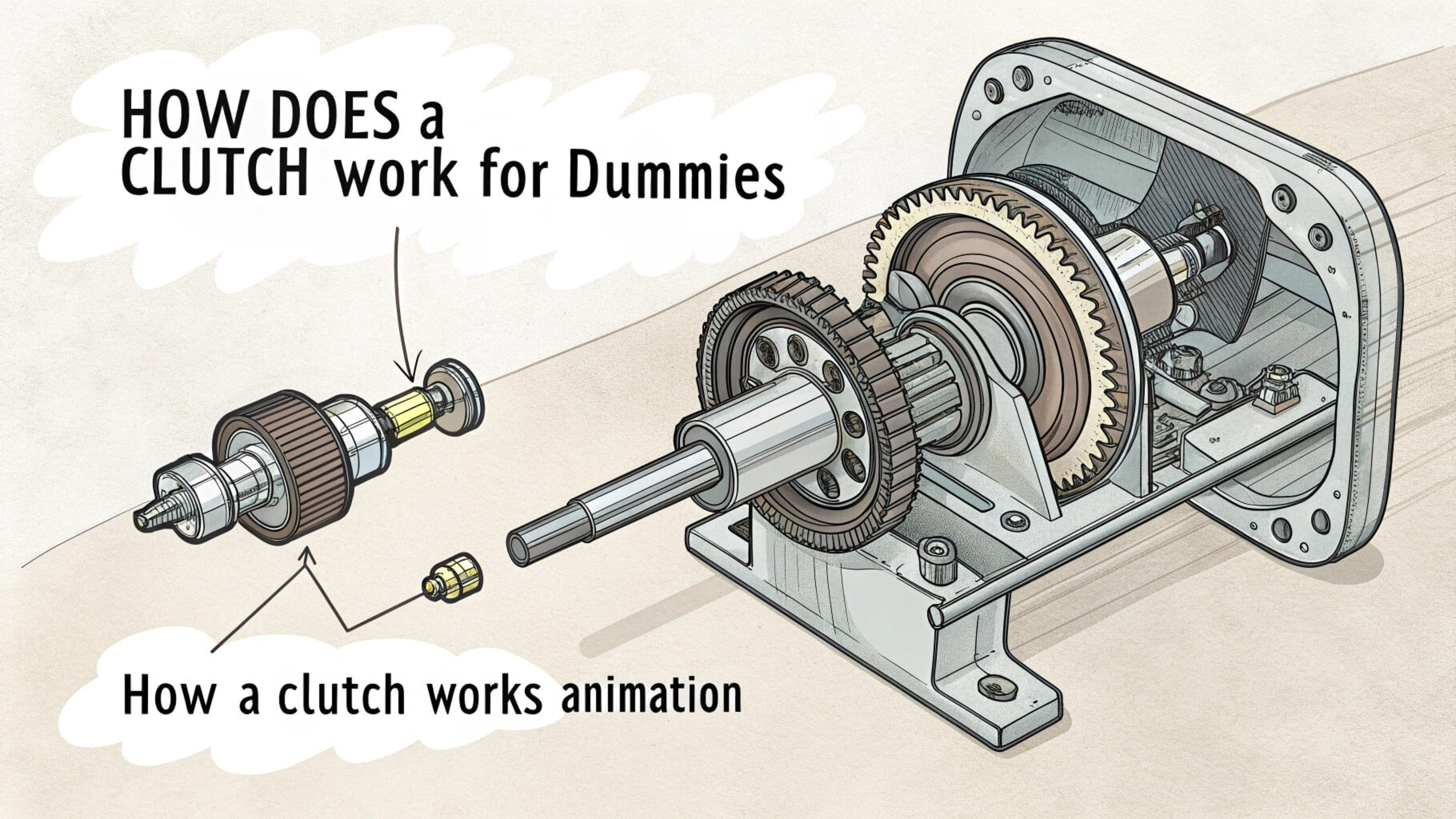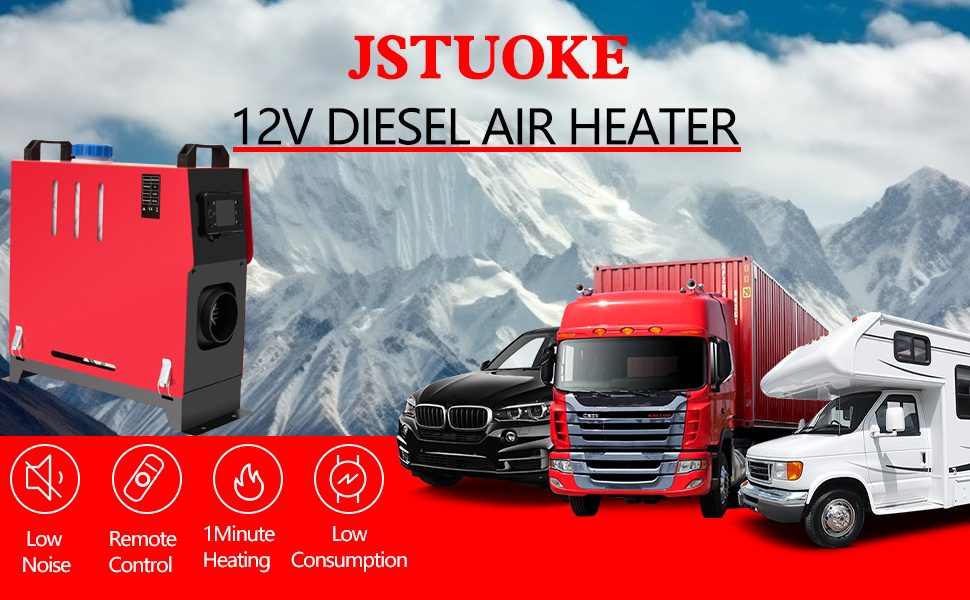Diesel air parking heaters are a popular solution for keeping vehicles warm during cold seasons. But, do they actually work? Let’s take a closer look at how they function and their effectiveness.
Snippet paragraph: Diesel air parking heaters are designed to provide heat in vehicles while they are parked. These heaters are efficient and reliable, but it’s important to understand how they work to make an informed decision.
Transition paragraph: Want to know how much power they use or if they’re legal where you live? Keep reading!
Do Diesel Air Heaters Work?
Diesel air heaters work by using a combustion process to produce heat. This heat is then circulated into the vehicle’s cabin, ensuring a warm and comfortable environment, even when the engine is off.
Diesel heaters[^1] are effective at providing warmth in vehicles. They use diesel fuel to create heat, which is then distributed into the vehicle.
Dive-Deeper: How Diesel Air Heaters Operate
Diesel air parking heaters operate using a small diesel burner that ignites the fuel. This heat is transferred to a heat exchanger, which then circulates the warm air inside the vehicle. The system doesn’t require the engine to run, making it energy-efficient.
Benefits of Diesel Air Heaters
- Energy Efficiency: Unlike traditional car heaters, diesel heaters consume less energy as they rely on fuel rather than battery power.
- Long Service Life: Diesel air parking heaters are built to last. With proper maintenance, these heaters can function effectively for many years.
Types of Diesel Air Heaters
| Heater Type | Benefits | Drawbacks |
|---|---|---|
| Small Diesel Heaters | Compact, easy to install | May not be as powerful for larger vehicles |
| Chinese Diesel Heaters | Affordable, widely available | Quality may vary between manufacturers |
| Best Diesel Heaters | High efficiency, reliable | Higher cost compared to basic models |
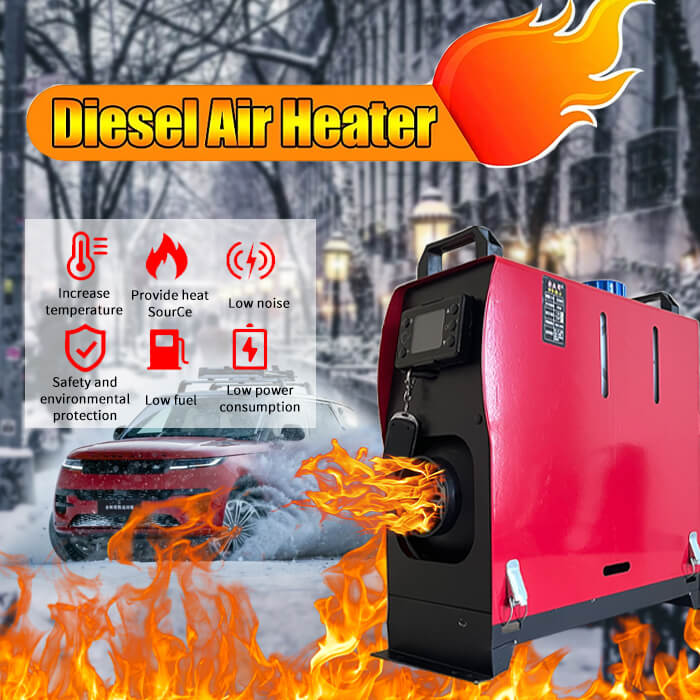
Where to Find Diesel Heaters
- Diesel Air Parking Heaters Near Me[^2]: If you're looking for a diesel heater locally, check online platforms like Google or Alibaba for options.
- Diesel Parking Heaters for Sale[^3]: Available through various dealers, including manufacturers who offer customized solutions.
How Much Electricity Does a Diesel Parking Heater Use?
Diesel air heaters do not rely heavily on electricity. They use a small amount of electrical power to start the combustion process, but the heating itself is powered by the diesel fuel.
Diesel air parking heaters[^4] are designed to be energy-efficient. They use minimal electricity, relying primarily on diesel fuel to generate heat.
Dive-Deeper: Power Consumption
The electricity used by diesel heaters is minimal, mostly to power the fan and ignition system. Typically, the power consumption is around 10-20 watts for ignition. Once the heater is operating, the diesel fuel takes over, making the system much more fuel-efficient compared to electric heaters.
Power Consumption Comparison
| Heater Type | Electricity Usage (W) | Diesel Fuel Consumption (L/h) |
|---|---|---|
| Diesel Heater | 10-20W | 0.2-0.4L/h |
| Electric Heater | 1000-1500W | N/A |
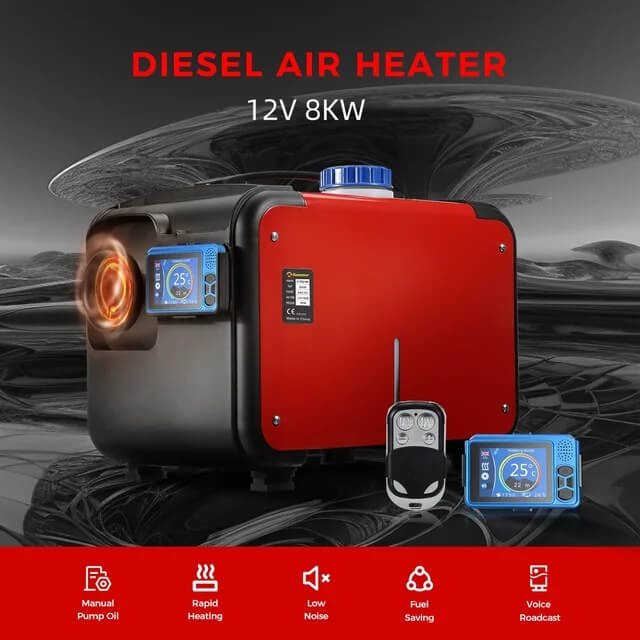
Are Diesel Heaters Legal in the UK?
Diesel air parking heaters are legal in the UK, but they must comply with emissions standards. When purchasing a diesel heater, it’s important to ensure it meets the required certification and environmental guidelines.
Diesel heaters[^5] are legal in the UK, but they must meet specific emissions standards. Always check if the model is certified for use in your area.
Dive-Deeper: Regulatory Requirements for Diesel Heaters
The UK government has strict guidelines on emissions for heating devices, including diesel air heaters. To ensure compliance, you should verify that the heater has been approved by regulatory bodies such as the Environmental Agency. This is particularly important if you plan to use the heater in a commercial vehicle or fleet.
- Emissions Standards: Ensure your diesel heater meets EU emission standards[^6] (Euro 6).
- Installation Certification: Professional installation may be required for commercial use.
- Operating Restrictions: Some regions may impose restrictions based on air quality regulations.
Diesel Air Heater Certifications
| Certification | Requirement | Importance |
|---|---|---|
| Euro 6 Compliant | Meets strict emission levels | Required for commercial vehicles |
| CE Marking | Conformity with EU laws | Ensures quality and safety |

Are Diesel Parking Heaters Safe?
When used correctly, diesel parking heaters are safe. They are equipped with safety features such as overheat protection and automatic shutoff systems. However, like any heating system, regular maintenance is essential to ensure they remain safe over time.
Diesel parking heaters[^7] are safe when installed and maintained properly. Always follow manufacturer guidelines to ensure proper operation and safety.
Dive-Deeper: Safety Features of Diesel Heaters
Diesel parking heaters are designed with safety in mind. They are equipped with flame-out protection, automatic shutoff valves, and overheat sensors. These features prevent accidents such as fire or damage. However, it’s crucial to perform regular maintenance, including checking fuel lines, cleaning combustion chambers, and ensuring the electrical components are in good condition.
Regular Maintenance for Safety
- Inspect Fuel Lines: Prevent leaks and blockages to ensure smooth operation.
- Clean Combustion Chamber: Build-up can reduce efficiency and cause overheating.
- Check Electrical Systems: Ensure wiring is intact and free from corrosion.
Conclusion
In summary, diesel air parking heaters are an effective and safe way to keep your vehicle warm. Here are the key points to remember:
- Diesel air heaters are energy-efficient and cost-effective.
- They use minimal electricity, with most energy coming from diesel fuel.
- Diesel heaters are legal in the UK if they meet emission standards.
- Safety features such as overheat protection make them safe when maintained properly.
- Regular maintenance is essential to ensure longevity and performance.
With proper care, a diesel air parking heater is a valuable tool for those in colder climates.

